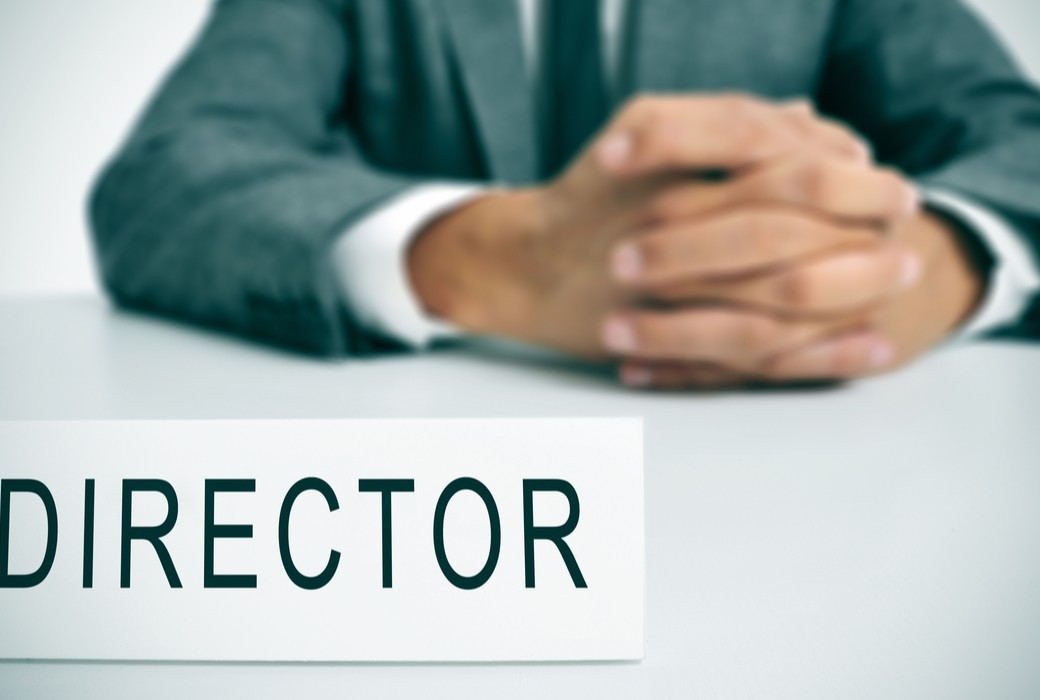
When a limited company becomes insolvent, directors are not typically held personally responsible for the outstanding debts of the business. This is because the limited company legal structure protects directors from personal liability in relation to business debts through what is known as 'limited liability'.
There are certain situations, however, where directors can be ordered to provide financial compensation to creditors for the losses they have suffered. This may occur when a director is found guilty of wrongful trading, which is continuing to trade while knowingly insolvent and exposing creditors to further financial losses in the process.
When a company becomes insolvent and subsequently enters liquidation, the appointed insolvency practitioner is required to undertake an investigation into the actions and conduct of the company's directors in the time leading up to it becoming insolvent.
Being able to demonstrate that creditor losses have been minimised once directors knew - or ought to have known - that the company was insolvent, is a key issue when it comes to directors potentially facing personal liability for company debts. So what can directors do to ensure they protect creditor interests when insolvent?
As soon as directors become aware the company may be insolvent, they must seek advice from a licensed insolvency practitioner (IP). This demonstrates that the directors are taking their responsibility towards creditors seriously and are doing all they can to shield creditors from further losses as far as possible.
In many cases a company will be required to cease trading as soon as it becomes insolvent in order to stop the company's debt burden increasing any more. It may be the case that the insolvency practitioner determines that the company should continue to trade through its troubles if doing this is likely to improve creditor returns. However, this decision can only be made by an insolvency practitioner; directors who continue to trade while knowingly insolvent without the express permission of a licensed insolvency practitioner run the risk of being accused of wrongful trading and subsequently held responsible for some or all of the company's debts.
Directors must ensure other officers of the company, shareholders, and employees, do not take any actions that might diminish returns for creditors as a whole. This includes making preference payments or entering into transactions at undervalue.
Of particular interest to the liquidator during their investigations are antecedent transactions. These are transactions that have worsened the position of a creditor, or group of creditors.
They include:
Other types of transactions of particular interest to the insolvency practitioner are:
If a director is made liable for some or all of the debts of the company, they will be required to use personal funds or assets to settle the amount owed. If this cannot be done, the director may need to consider a form of personal insolvency, such as bankruptcy to deal with the matter.
As well as being held responsible for company debts, directors can also be disqualified from acting as the director of a limited company for a period of up to 15 years. A disqualification order may also bar the individual from taking on certain roles, such as trustee of a school or charity. If fraudulent activity is proven, directors face a criminal conviction and a possible prison sentence.
Begbies Traynor can provide further advice to directors concerned about personal liability. Contact one of the team to arrange a free same-day meeting – we will explain your position, and assess all available options.
More Begbies Traynor Articles
Contact Begbies Traynor Group
Article Archive
Article Categories